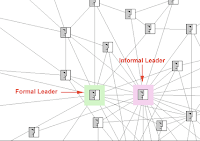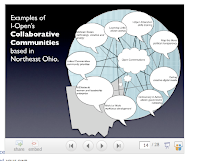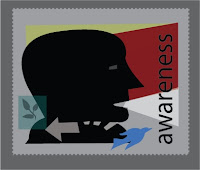This is the title of Jerry Hollender the President of Seventh Generation and a leader of the growing sustainability movement. We are very grateful to Jerry for his comments about EarthSayers.tv in his latest blog posting, the Inspired Protagonist.
You can subscribe to his blog, but here is his posting for today, December 3, 2008.
 I sometimes wonder, after I’ve spoken at a conference, whether I learn more from listeners than listeners learn from me. Take, for example, an email I recently received from Ruth Ann Barrett, a marketing executive who’s previously worked for Hewlett-Packard and Sun Microsystems.
I sometimes wonder, after I’ve spoken at a conference, whether I learn more from listeners than listeners learn from me. Take, for example, an email I recently received from Ruth Ann Barrett, a marketing executive who’s previously worked for Hewlett-Packard and Sun Microsystems.
Ruth Ann recorded a talk I gave at the Economist magazine’s recent conference on building sustainable businesses. I spoke of Seventh Generation’s corporate responsibility reporting and the challenge of creating metrics that are meaningful and helpful for consumers. Ruth Ann thought my remarks were interesting enough to post a snippet on YouTube. But what really interested me was learning about a new venture she’s leading, EarthSayers.tv.
EarthSayers.tv consists of a group of high-tech veterans who aim to grow sustainability awareness and education on the Internet. When you Google the term “sustainability,” you get a little less than 30 million results. Do the same for “Britney Spears,” and you get nearly 100 million. EarthSayers seeks to change that sorry state of affairs by increasing Internet traffic for those sites that really matter. Through its video and audio clips of the “unfiltered voices of sustainability” — the pioneers, innovators, and unsung heroes — EarthSayers.tv is also helping people to enter the “learning cycle” and do the right thing for society and the environment.
EarthSayers.tv has launched a prototype; I encourage you to check it out.


 The Institute for Open Economic Networks
The Institute for Open Economic Networks 

